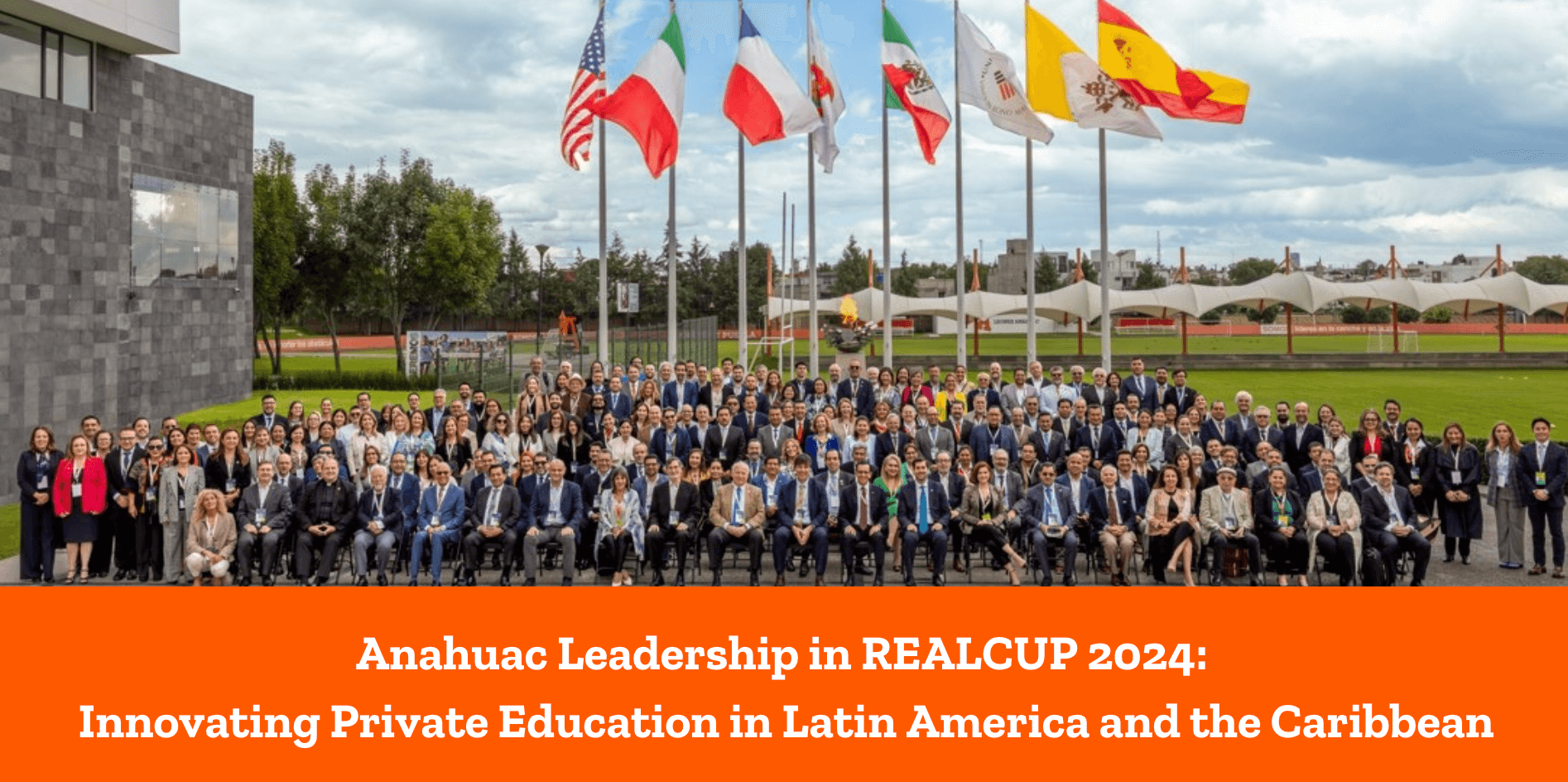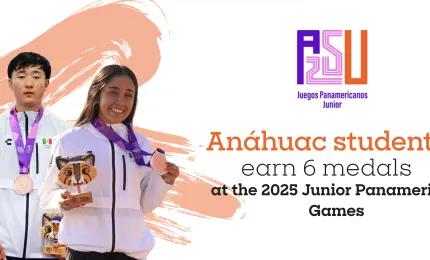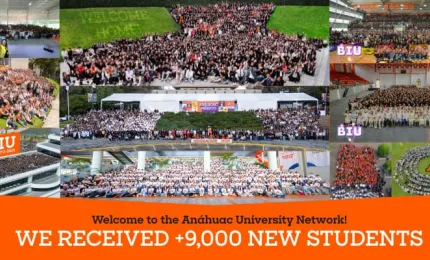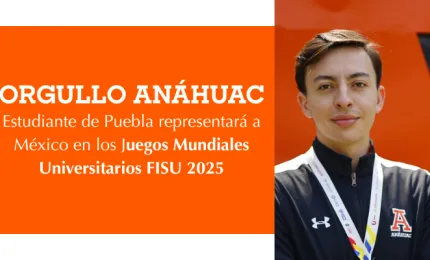The Anáhuac University Network reaffirms its leadership in higher education through Universidad Anáhuac Puebla, host of the Annual Meeting of the Network of Latin American and Caribbean Associations of Private Universities (REALCUP) , held from October 7 to 9, 2024. This event, under the motto "Inclusive quality and dynamic relevance in private universities in Latin America and the Caribbean" , was developed in collaboration with the Federation of Private Mexican Institutions of Higher Education (FIMPES) , and was a key platform for the exchange of knowledge and the creation of strategic alliances between private universities in the region.
With the participation of representatives from 14 associations that bring together more than 974 educational institutions from 13 countries , REALCUP was consolidated as an essential space to discuss the challenges and opportunities facing higher education. During the event, the importance of addressing five critical axes was underlined: access to education, equity and inclusion, educational quality, relevance and efficiency in the use of resources. These topics were highlighted by the president of FIMPES, Juan Pablo Murra Lascurain, who emphasized that the solution to global challenges, such as the climate crisis and geopolitical changes, involves quality higher education.
The rector of the Universidad Anáhuac Puebla, Mtro. José Mata Temoltzin, also general secretary of REALCUP, led the discussions and highlighted the importance of collaboration and debate in the search for innovative and transformative higher education. “It is not only a meeting of institutions, but a meeting of people to share, reflect and debate about education,” said Mata Temoltzin, highlighting the commitment of the Anáhuac University Network to the training of leaders who promote social progress.
The event featured more than 30 rectors and 60 international speakers , including Paul LeBlanc, former president of Southern New Hampshire University; Arturo Cherbowski, executive director of Santander Universities and Universia Mexico; and Francesc Pedró, director of IESALC-UNESCO. These experts offered valuable perspectives on how private universities can adapt to the changing needs of the modern world.
This meeting not only represents a step forward in collaboration between universities in Latin America and the Caribbean, but also a clear commitment to the training of global citizens capable of generating a positive impact on society.




